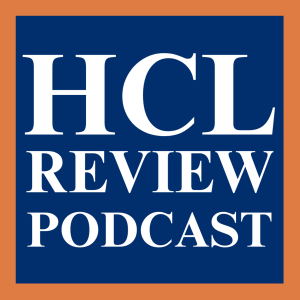

Restructuring Entry-Level Employment in the AI Era: Beyond Traditional Apprenticeship Models, by Jonathan H. Westover PhD
Abstract: The integration of artificial intelligence into professional work environments is rapidly transforming entry-level employment, challenging traditional pathways into knowledge work. This article examines the limitations of conventional apprenticeship approaches in an AI-accelerated economy and proposes evidence-based alternatives for Chief Human Resources Officers (CHROs) and talent leaders. Drawing from research in organizational psychology, labor economics, and human capital development, it presents a framework for sustainable talent development that acknowledges both market realities and long-term workforce needs. The analysis reveals that while protecting entry-level positions solely for societal benefit is economically unsustainable, strategic redesign of junior roles with emphasis on AI-complementary skills can create genuine business value. Organizations that develop systematic approaches to developing AI-native talent may secure significant competitive advantages as the experienced talent pipeline contracts over the next decade.


